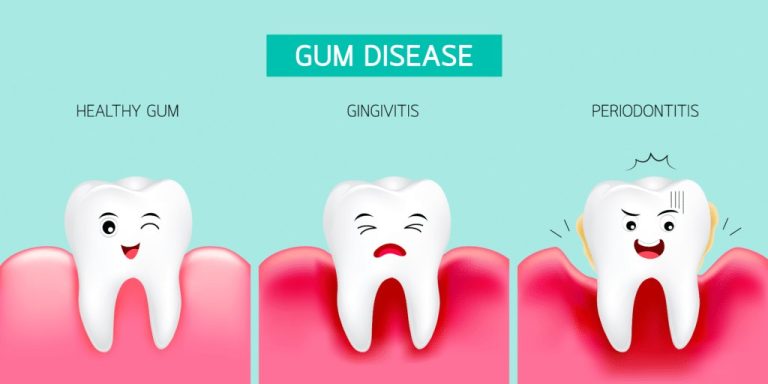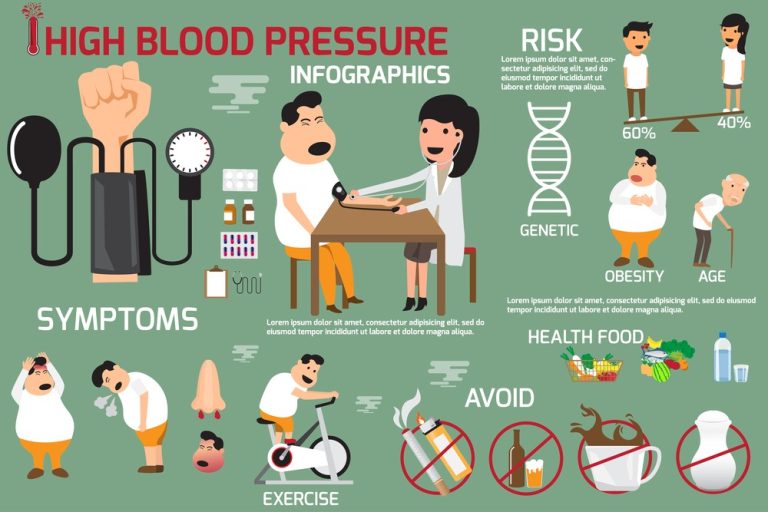How to Improve Your Health with a Plant-Based Diet
In an era where health consciousness is at an all-time high, and nutritional advice seems to proliferate at an overwhelming pace, one dietary approach continues to gain significant traction, backed by a growing body of scientific evidence: the plant-based diet. Far from being a niche or restrictive eating pattern, a well-planned plant-based diet emphasizes whole, unprocessed foods derived from plants—fruits, vegetables, whole grains, legumes, nuts, and seeds—while significantly reducing or eliminating animal products. This shift in dietary focus is not merely a trend; it represents a powerful strategy for improving health on multiple fronts, offering a pathway to disease prevention, enhanced vitality, and a more sustainable way of living.
One of the most compelling arguments for adopting a plant-based diet lies in its profound impact on cardiovascular health, a leading cause of mortality worldwide. Plant-based diets are inherently low in saturated fat and cholesterol, which are abundant in animal products and contribute significantly to plaque buildup in arteries. Conversely, they are rich in dietary fiber, antioxidants, and phytosterols, all of which play crucial roles in maintaining healthy blood pressure, reducing LDL (“bad”) cholesterol levels, and improving overall arterial function. For instance, the soluble fiber found in oats, beans, and apples actively works to bind cholesterol in the digestive tract, preventing its absorption. The abundance of potassium in fruits and vegetables helps counterbalance sodium intake, aiding in blood pressure regulation. By reducing the primary drivers of heart disease, a plant-based diet effectively acts as a preventive shield, significantly lowering the risk of heart attacks and strokes.
Beyond heart health, a plant-based approach offers remarkable benefits for managing and preventing Type 2 Diabetes. The high fiber content of plant foods is a key player here. Fiber slows down the absorption of sugars into the bloodstream, preventing rapid spikes in blood glucose levels that can tax the pancreas and lead to insulin resistance over time. Furthermore, plant-based diets tend to be lower in calories and rich in nutrients, facilitating healthy weight management—a critical factor in diabetes prevention and control. Studies have shown that individuals following plant-based diets often exhibit better insulin sensitivity and lower rates of Type 2 Diabetes compared to those consuming more animal products. Imagine the cumulative effect of stable blood sugar levels throughout the day; it’s a profound improvement in metabolic health that reduces the strain on the body’s intricate systems.
The anti-inflammatory properties inherent in plant foods are another cornerstone of their health-promoting power. Chronic inflammation is increasingly recognized as a root cause of many chronic diseases, including arthritis, certain cancers, and neurodegenerative conditions. A diet rich in processed foods, unhealthy fats, and excessive animal products can fuel this inflammatory response. In contrast, plant-based diets are teeming with antioxidants, vitamins, minerals, and phytonutrients—compounds found exclusively in plants—that actively combat oxidative stress and dampen inflammation. Think of the vibrant colors in fruits and vegetables; each pigment often represents a powerful antioxidant working to protect your cells from damage. By regularly consuming a diverse array of plant foods, individuals can create an internal environment that is less prone to chronic inflammation, thus reducing the risk of a wide spectrum of ailments.
Furthermore, a well-structured plant-based diet can significantly contribute to healthy weight management. Plant foods are generally lower in caloric density and higher in fiber and water content, meaning they provide greater satiety with fewer calories. This makes it easier to feel full and satisfied while consuming fewer overall calories, naturally leading to sustainable weight loss or maintenance without feeling deprived. Unlike restrictive fad diets that often lead to yo-yo effects, a plant-based approach encourages abundant consumption of nutrient-dense foods, fostering a healthy relationship with eating and promoting long-term adherence. For many, the ability to eat generously from a wide variety of delicious and satisfying foods while still achieving health goals is a revelation.
The benefits also extend to gut health, a burgeoning area of scientific inquiry that recognizes the profound connection between our gut microbiome and overall well-being. Plant-based diets, by virtue of their high fiber content, act as prebiotics, feeding the beneficial bacteria in the gut. A diverse and thriving gut microbiome is linked to improved digestion, enhanced nutrient absorption, a stronger immune system, and even better mental health. Conversely, diets lacking in fiber can lead to an imbalance in gut flora, contributing to digestive issues and potentially systemic inflammation. By prioritizing fiber-rich plant foods, individuals are essentially cultivating a healthier internal ecosystem, which has cascading positive effects throughout the entire body.
Transitioning to a plant-based diet does not require an immediate, drastic overhaul. It can be a gradual and enjoyable process, starting with incorporating more plant-based meals into the week, experimenting with new vegetables and grains, and slowly reducing reliance on animal products. Focus on variety to ensure a broad spectrum of nutrients. Explore diverse culinary traditions that naturally feature plant-based dishes, such as Mediterranean, Asian, or Latin American cuisines. For example, instead of a meat-heavy curry, one could opt for a vibrant chickpea and vegetable curry, packed with flavor and fiber.
In essence, embracing a plant-based diet is a powerful and accessible strategy for holistic health improvement. It is a dietary pattern that proactively supports the cardiovascular system, aids in blood sugar regulation, combats inflammation, facilitates healthy weight, and nourishes the gut microbiome. Far from being a limitation, it is an invitation to explore a vast and vibrant world of delicious, health-promoting foods, empowering individuals to take an active and delicious step towards a more vibrant, resilient, and enduringly healthy life.







